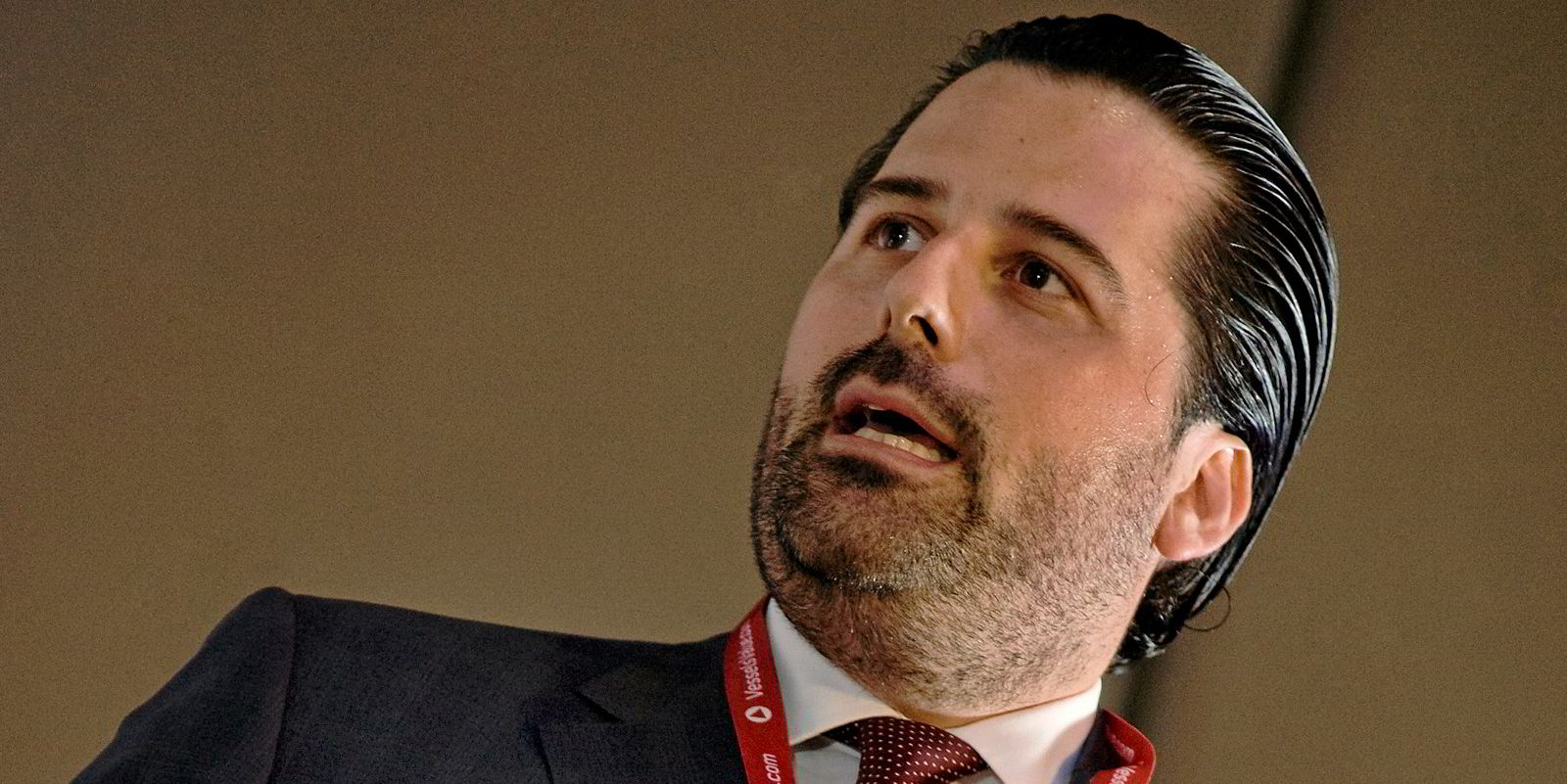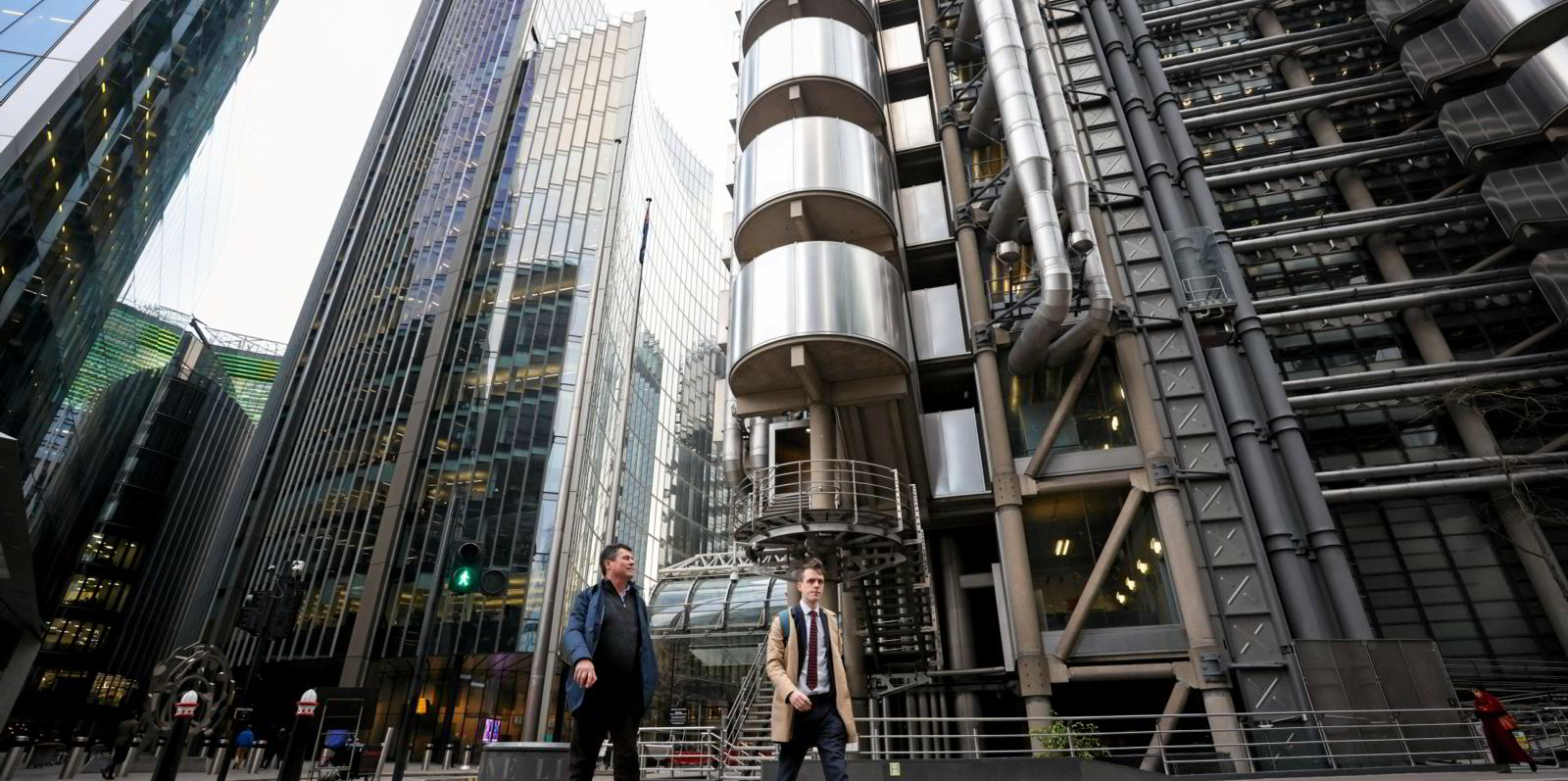Product carrier giant Scorpio Tankers has not joined the ranks of companies that are avoiding Russian export cargoes for fear of reputational damage or other repercussions.
The self-sanctioning trend has seen tanker owners, including Frontline, back away from Russian cargoes not bound by charter commitments, even though such cargoes would be legal to trade to most destinations.
That leaves tanker voyages out of the Russian Black Sea and Baltic ports largely dominated by private Greek shipowners.
Monaco and New York-based Scorpio is a notable exception. AIS ship data shows four Scorpio MR tankers now in or headed for Russian Baltic load ports, three more recently loaded in Russia and an LR1 tanker recently loaded in the Russian Black Sea.
An inspection of AIS data on non-Russian tankers recently loading at Russian ports shows the trading dominated by several well-known private owners, including Minerva, Thenamaris, TMS and Centrofin. Publicly listed Tsakos Energy Navigation is also among the group.
Non-Greek owners remaining active in Russian trading include Croatian and Romanian outfits and several Germans, including ships belonging to Bremen-based German Tanker Shipping.
A Scorpio official declined to comment on its Russian trading policy.
But a source well informed on the company’s trading told TradeWinds that Scorpio is following signals from Brussels that the European Union will continue to need energy from Russia, and that press reports of complications at two recent UK port calls were inaccurate.
“Up to today, the EU has been very deliberate in carving out product exports from sanctioned trading,” said the source, who spoke on condition of anonymity.
“From this, Scorpio has inferred that the EU is dependent on those products, and that sanctioning them would weaken Europe’s strategic position. They are in Europe’s strategic interest.”
The source underscored that the situation is too fluid to fix a firm policy on Russian trading, and that the company is constantly following developments.
“But if Scorpio had a policy, it would be that to the extent those trades are safe and feasible, it is continuing with the trades,” said the source.
The safety of trading in the Black Sea could change depending on the development of Russia’s war in Ukraine. As for feasibility, the source cited business counterparties on which trading depends, including its suppliers, customers, financiers and especially insurance providers.
European financiers are mostly interested in making sure shipowners have a robust sanctions routine in place, and so far are not viewing the question of Russian business through an ethical lens, according to the source.
But the uncertainty about insurers is much greater, and a definitive statement from the British Treasury about what the Lloyd’s market can and cannot do is keenly awaited.
Meanwhile, the source said press reports on public and trade union opposition to Scorpio ships bringing Russian petroleum products to England and Ireland have misinterpreted normal berthing delays.
The 38,700-dwt STI Clapham and STI Wembley (both built 2014) called on 9 March and 11 March at Tilbury near London without delays, and the STI Clapham discharged on 13 March at Dublin with a delay of hours at most.





